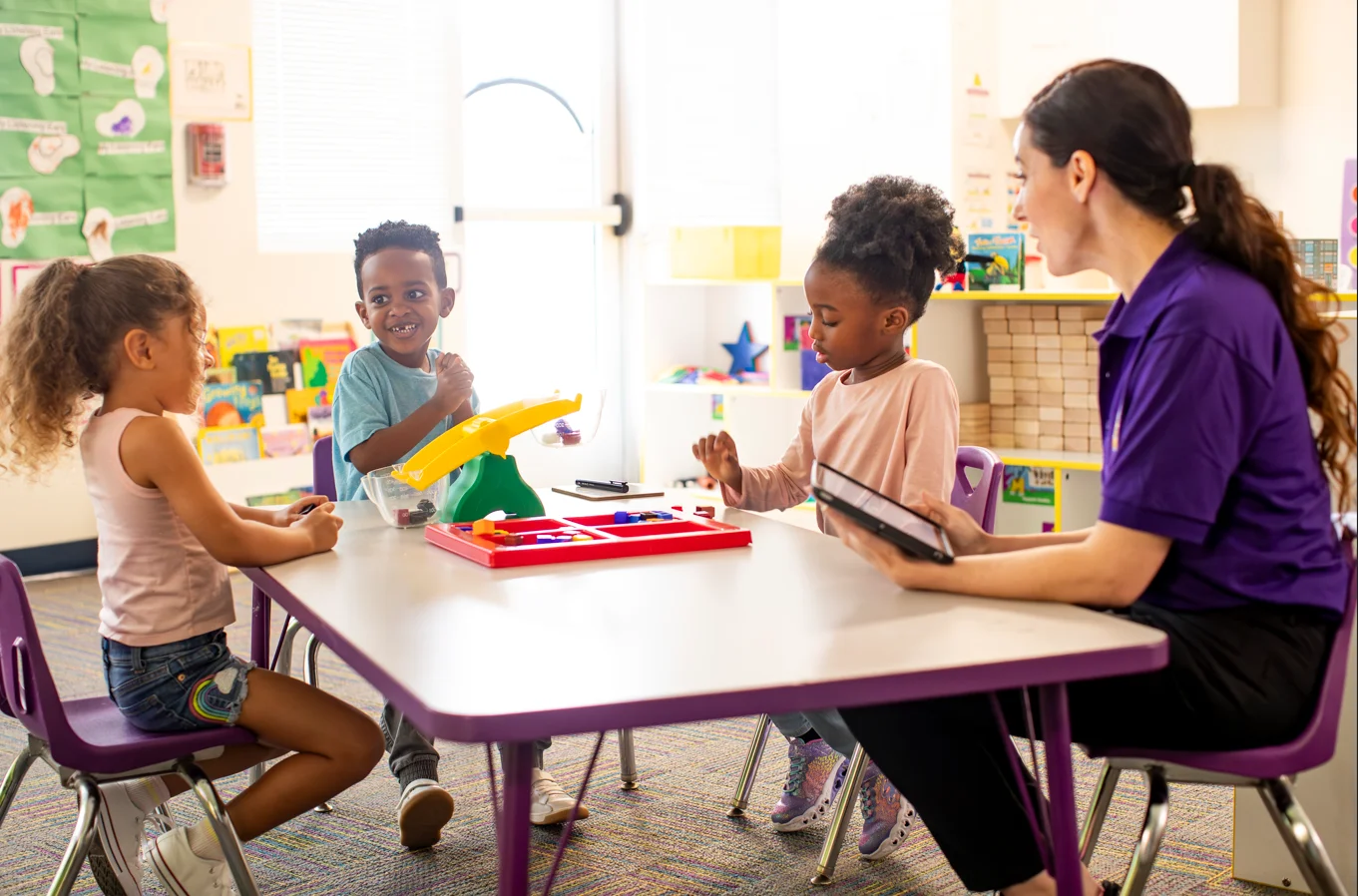As a parent and a psychologist, I’ve read many parenting books. Adele Faber’s and Elaine Mazlish’s How to Talk so Kids Will Listen & Talk is my favorite (I have read it four or five times). Although the book is based upon the work of Haim Ginott (a child psychologist), it presents Ginott’s ideas in a more accessible and easier-to-use format than Ginott’s classic parenting book, Between Parent & Child.
How to Talk so Kids will Listen presents a method of “getting kids to hear” that presumes children can feel better and behave better.
Faber and Mazlish say that we can help our children feel better by accepting and respecting their feelings. We can’t deny our children their feelings. This leads to hostility, arguments, and poor cooperation between us. Most of us have found that we were not treated and accepted as children, which is a significant barrier to our children’s emotions. Our parenting instincts, based on our experience of parenthood, often lead us to unintentionally deny our children’s feelings, even when trying to make them feel better.
Faber and Mazlish both offer effective strategies to engage cooperation without using threats or punishments. However, How to Talk So Kids Will Listen more than “getting kids to pay attention.” It is about a holistic approach to parenting based on mutual respect between the parent and child relationship. Many strategies and skills can be applied to children. The book includes Chapters 1 and 2. Chapters 2 and 3. Chapters 3 and 4. Chapters 3 and 3. Chapters 4 and 5. Chapters 5 and 6. Chapter 6. “Freeing children from playing roles.”
Faber and Mazlisch believe parents who show acceptance, respect, and skill in their interactions will raise emotionally intelligent, confident, independent, and responsible people who can resolve conflicts with others.




